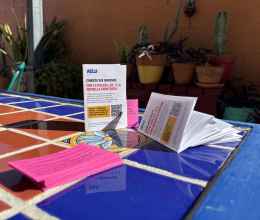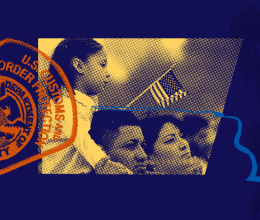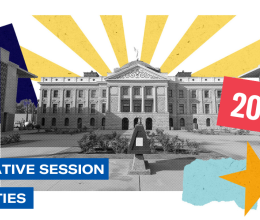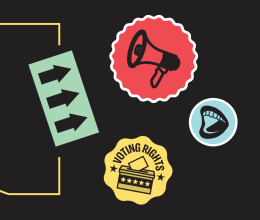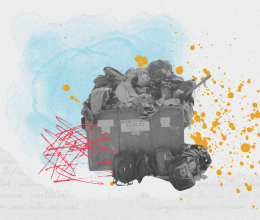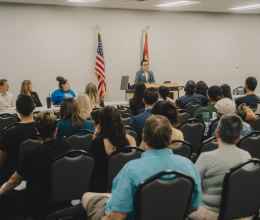
After a month-long closure, CBP reopened the Lukeville port of entry. In response to the port's reopening, the ACLU of Arizona, Kino Border Initiative and the Florence Immigrant and Refugee Rights Project issued to following statement:
As organizations deeply committed to principles of humanity and justice at the U.S.-Mexico southern border, we are dismayed by CBP’s month-long closure of the Lukeville port of entry, which has adversely impacted the economies of our border communities and reinforced misleading narratives that asylum seekers are to blame. In truth, as the Biden administration has failed to allocate adequate resources at ports of entry towards humanitarian processing of people fleeing violence, many asylum seekers have been driven to pursue their legal claims in more remote and less resourced parts of the border, such as the Sonoyta-Lukeville region. For example, Adrian* is a father displaced in Nogales, Sonora with his family, where they have been waiting five months for a CBP One appointment. He shared his thoughts with Kino Border Initiative: "truthfully if we don't get an appointment, I don't know...we're losing hope. I think we would have to look for a way to cross, even if it's through mountains, risking our lives, because we cannot return to our place of origin...truthfully there isn't an alternative."
The Lukeville port closure is a clear example of how the federal government’s cruel and inadequate response to those seeking protection at the U.S.-Mexico border threatens the well-being of migrants, border residents, and the larger economic prosperity of border communities. Instead of doubling down on failed deterrence strategies that force families and individuals to take increasingly dangerous and remote routes to seek asylum, the U.S. federal government must make sustained investments to support safe and efficient transit at the ports of entry. These investments will ensure that those fleeing violence and persecution can be welcomed with dignity, that trade and tourism can flourish, and that binational families and communities can sustain their connections.
*name changed for privacy and safety
